Business Africa
As Europe takes action to reduce imports of Russian gas, the continent's leaders have been looking to Africa as an alternative energy supplier.
New deals have been signed with Algeria, Angola, Congo, Nigeria, and others are thought to be on the way.
This week, while welcoming German Chancellor Olaf Scholz, Senegalese President Macky Sall said his country was "ready to work" on supplying liquid natural gas (LNG) to Europe, but that "first we need to be supported in our participation under better conditions than those currently offered by our partners."
Senegal is believed to have significant deposits of natural gas along its border with Mauritania.
Europe's interest is good news for African energy producers who have endured years of low prices, and a pandemic that affected demand.
But many gas-rich countries, with the exception of Algeria, face capacity problems and won’t readily satisfy European demand.
In 2020, Algeria was Africa’s top natural gas exporter followed by Nigeria, Egypt, and Libya, according to Statista.
Other producers such as Angola, Equatorial Guinea, and Congo lack the requisite infrastructure to enable them to increase production.
A European ban on financing new oil and gas projects in Africa has also locked up capital for aspiring producers such as Uganda.
As Europe scrambles to secure its energy supply, questions are being asked if a ban on financing fossil fuel projects will be reversed.
Carole Nakhle is an energy expert and CEO of Crystol Energy. She is our guest on the show to discuss whether Africa can become a major gas player in Europe.
Port wars: Dar outwitting Mombasa
Twelve years ago, Kenya was rocked by deadly post-election turmoil. The violence also blocked rail and road transport to Uganda and Rwanda, stopping imports of fuel and essential goods.
As another general election looms in East Africa’s largest economy, importers and shippers are diverting business from Kenya’s Mombasa port to Dar es Salaam of Tanzania.
Both ports have invested in expanding their facilities in recent years and are giving incentives to importers in a bid to outcompete each other.
Ethiopia Foreign Direct Investment (FDI) grows 18%
Ethiopia shrugged off a pandemic, conflict in its north, and sanctions to record $2.4 billion in foreign direct investment in the first nine months of the current financial year.
Much of the investment went to manufacturing according to Addis Ababa’s national investment authority.




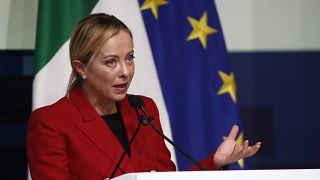
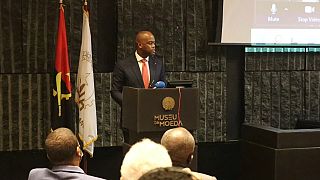
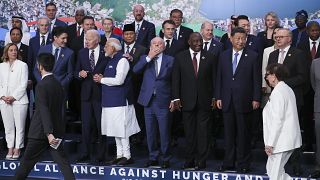
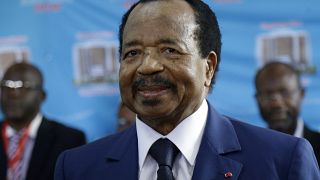



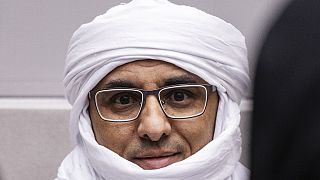
01:27
1,000 days of war in Ukraine with no sign of an end
02:09
Russia vetoes UN resolution calling for immediate cease-fire in Sudan
Go to video
Libyan protesters block oil valves demanding release of kidnapped General
Go to video
Vladimir Putin affirms "full support" for Africa
01:04
Putin congratulates Trump, signals openness to dialogue over U.S.-Russia relations
00:53
OPEC extends oil output cuts by one month until the end of December